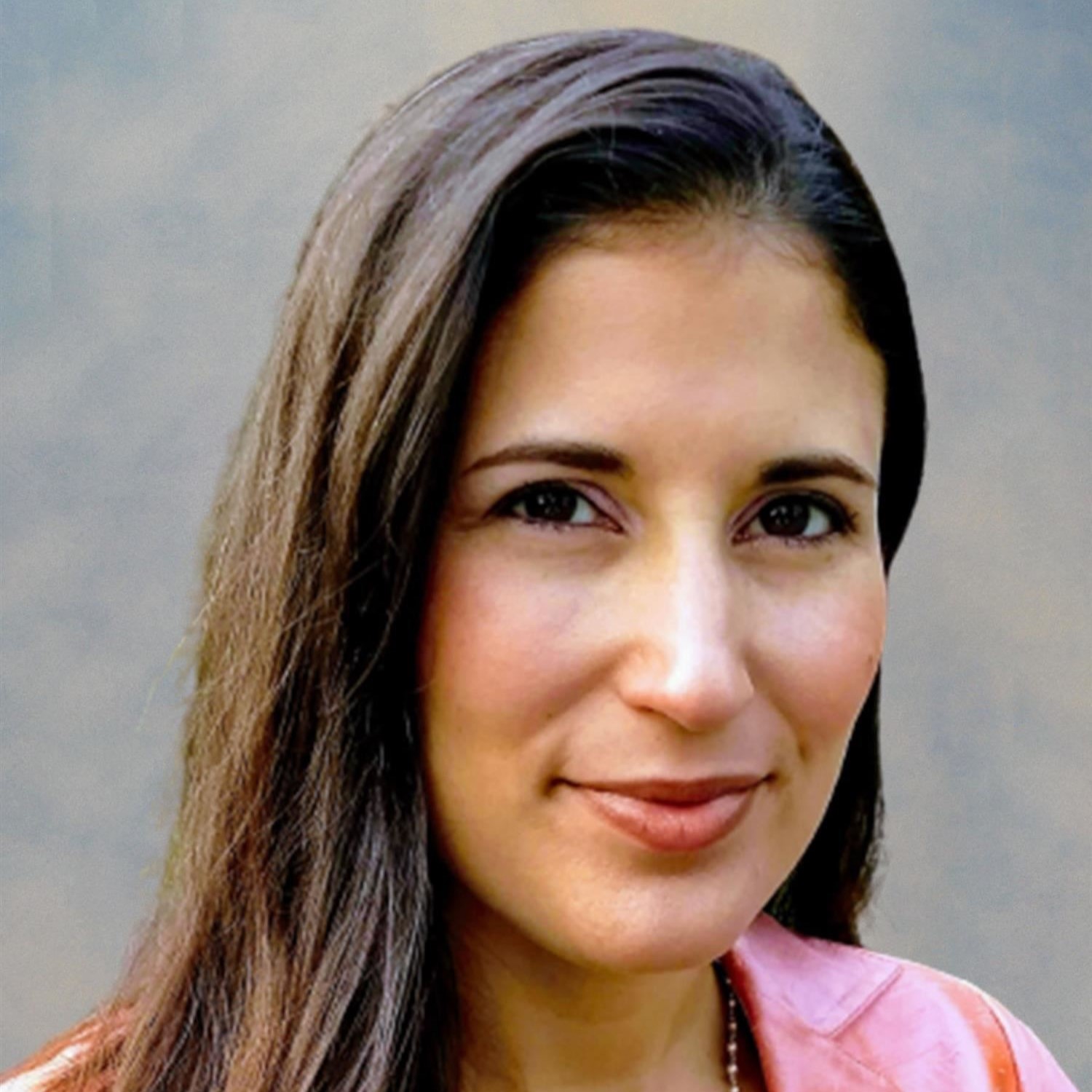
Imagine your child wakes up one day and says, “I want to be a teacher when I grow up!” What thoughts cross your mind? How do you react?
If your response is a bit of shock and honest curiosity, keep reading. This article will take you on a tour of the teaching profession, from the ideal to the irreverent and everywhere in between.
Everyone Has Had a Teacher.
Every person who was not self-taught has had a teacher. This includes all students who participate or have participated in public education, private education, charter schools and everything in between.
The whole tapestry of society is based on children receiving fundamental education from a network of educators who help them weave the basis of what they will carry into adulthood as they become responsible and engaged members of society. Why is it then that the teaching profession is not as encouraged as other professions such as engineering, law, medicine or sports, as our children begin their journey of career exploration?
To Teach, or Not to Teach?
While that is the question, are we truly giving the profession a fair shot? Having been in the profession for over two decades, I can count with my fingers the number of times I have heard students say they want to become teachers. But why? Is it that we don’t highlight teaching as career guest speaker opportunities? Do teachers assume that students see what they do every day and therefore, do not need to learn more about the profession?
Some might say that they don’t want to become teachers because they don’t like dealing with kids. What they may not realize is that many professions involve interaction with other human beings, many not the most charismatic version of themselves. Maybe they do realize this but would rather not have the weight of society on their shoulders as they usher the next generation of adults into the world. After all, teachers are sometimes the popular scapegoat when society identifies flaws within young people.
Teaching in the Media
A former student of mine shared that she dreamed of becoming the next Ms. Frizzle, captain of the Magic School Bus and beloved science teacher. And she did, at least for the science teacher part of her dream.
Some movies, TV shows and books may inspire people to become teachers. Yet many others that include schools as a component show students as complex and multidimensional, while educators are mere caricatures playing supporting roles. When you think of it that way, it can seem terrifying to become a teacher, reduced to playing a secondary role while the weight of society also falls upon your shoulders. It’s like playing parent to dozens or hundreds of children (depending on the grade level you teach) year after year after year.
Beyond Hollywood, social media plays a large role in how the teaching profession is viewed. While heartwarming stories of the positive impact of teachers can make us teary-eyed, hatred towards teachers and misconceptions about what happens in schools are a biproduct of polarizing political agendas on both sides of the aisle. Depending on the news outlet, teachers can be viewed as either superheroes or archvillains.
Regardless, the fact remains that teachers are essential to society, as a popular bumper sticker proverb proves: “If you can read this, thank a teacher.”
Sampling the Teaching Profession
Some students play “school” and know they want to become teachers from a young age. You might know of (or perhaps were) that child who lined up all their stuffies into rows and taught them how to add. The idea of sharing knowledge and engaging with others is fascinating for some.
For kids who are interested, there are ways for them to try teaching out firsthand. Older kids can participate in Grow Your Own programs or Teacher Academies through Career and Technical Education (CTE) funding. These opportunities provide high school students with the opportunity to support students at an elementary school under the guidance of a teacher. They are not considered internships, per se, but do allow students to experiment with being educators. Some students may also participate in opportunities outside of school where they can engage in mentorship or lead camps.
Becoming a Teacher
There are many different pathways to teaching. The United States does not have a universal career path towards being credentialed at a national level for educators with less than five years in teaching. Interested candidates should start by researching the requirements for becoming a certificated teacher in their area of interest for the state(s) in which they are looking to teach.
Some states may offer graduates of hard to fill endorsement areas with emergency certificates or pathways to certification that may differ from the traditional route. Candidates with career experience may have the opportunity to become teachers of technical fields through CTE certification pathways. In both of these scenarios, new teachers are “thrown to the wolves” without an internship, but often do have the opportunity to be mentees under the tutelage of an experienced mentor teacher.
Prospective teachers may also participate in programming that allows them to work as paraeducators in a school district and pursue a teaching pathway through a partnership with a local college or university. Some go straight to this pathway after earning college credits while in high school. Others who follow this route may be career changers who dip their toes in education through the paraeducator role and commit to teaching.
And, of course, future teachers may participate in education degree programs. For example, American College of Education offers bachelor’s-completion or master’s degree programs in education. These programs include courses and a teaching internship to help develop on-the-job skills. Before committing to any program, it’s incredibly important for prospective teachers to seek the guidance of their state educational agency to ensure they meet all of their certification requirements.
Additionally, educators interested in certification through the National Board Certification for Professional Teaching Standards, can start the process before completing three years of teaching and become officially certified after three years are completed. This credential offers reciprocity throughout the U.S. and, in some states, may even provide an additional stipend.
Is Teaching Worth It?
While teachers may have been drawn to the profession from an early age or as a happenstance of their life’s journey, there are some hefty considerations and priceless elements the profession offers.
Pay and reputation can be hit or miss. Depending on the sociopolitical microclimate in which you live, pay and reputation for public school teachers may range from high to less than lukewarm. The experience of being a teacher supporting a family of four in Florida is not the same as a teacher supporting a family of four in Washington. Cost of living and teacher wages vary wildly. In New York, the average teacher may make more than the average person with a bachelor’s degree, but in Florida, the average teacher could make around $20K less.
Educators work at work and at home. There are a few professions where you have the luxury of leaving work at work. This is not the experience for most teachers, especially those new to the profession, or those teaching a new curriculum. First, there is the lesson planning. Actually, first, there is the basic understanding of what it is that you will be teaching, where it fits within a sequence, how it will be assessed, which resources are at hand, etc. Then you can lesson plan.
Then there is the grading. Some, especially upper grades, trade the piles of papers (some with nondescript sticky stuff on them) for assignments submitted through an LMS (learning management system) such as Canvas. LMS functionality can grade some items for you, but you still need to analyze assessment data to plan for the next lesson. Some maverick teachers have made a system for themselves where they are able crank out grades and lesson plans within their time at school. For the lesser mortals without that superpower, being a teacher means that you work at work and work at home.
Teachers get school breaks off. Whether teachers choose to distribute their paycheck throughout 12 months or get a paycheck each month of the school year, they get a secure paycheck and secured time off. Some teachers treasure this as time they can spend with their family and practice a healthy work-life balance. Other teachers enjoy summer adventures that may include working or traveling.
Teachers transform lives. While it was preestablished that teaching could be terrifying, it is also among one of the most rewarding professions, as your expertise helps students learn. Not all careers allow you the opportunity to work, day in and out, with the future of our society. Being part of a child’s cognitive and social emotional growth is priceless. Realistically, teachers will not reach each and every student in their classroom. Teachers (and students) may not even realize that transformation is taking place. It becomes a fulfilling career when even the smallest success can be enough to spark positive change to last a lifetime.
The Honest Truth About Teaching
Back to the original premise of this article: Your child shares that they want to become a teacher. Perhaps that child is your inner child seeking more out of the physical and spiritual journey through this world. Perhaps it is literally your child, a family member, a friend or a random stranger seeking career advice. Time to do away with sugar coats.
A list of cons. No, teaching is not a glamourous job. Also, other careers may pay more than the average teaching position. Sure, you will be exposed to a bottomless petri dish of germ pools throughout the year. You may have to work at work and work at home. And you have the weight of the future of society on your shoulders to ensure that the future of our country has the intellectual and socio-emotional capacity to lead with empathy and sound judgement.
And now the pros. However, school districts are always looking for teachers, so job stability is a plus. You will be paid a secure salary and health benefits, so financial security is available. You have school breaks off, so you’ll have time to be with family or seek adventure without having to wait to see if your supervisor graciously approves your limited paid time off during the holidays. And you have the privilege of being there for human beings and their families; inspire curiosity and a love of learning; and add kindness, integrity and love to the fabric of society. It’s a great choice if you want a truly rewarding career where you can work with students.
Is Teaching Right For You?
It’s crystal clear that it takes a special type of person to become a teacher — a selfless leader with the confidence in themselves and in others to usher forward the next generation of society. In other words, a superhero, just without a cape. However, it’s up to each individual to engage in self-reflection of their strengths, likes and needs when selecting a career. Even the most well-intentioned comments could shoot down the aspirations of the next aspiring superhero/teacher. Not everyone needs prestige or a million-dollar paycheck. These are not necessary to happiness. It’s up to each and every future teacher to search within themselves and take a deeper look into the fabric of society and find the common thread — the teaching profession.
If you’d like to become a teacher, the education programs at American College of Education can get you there.

